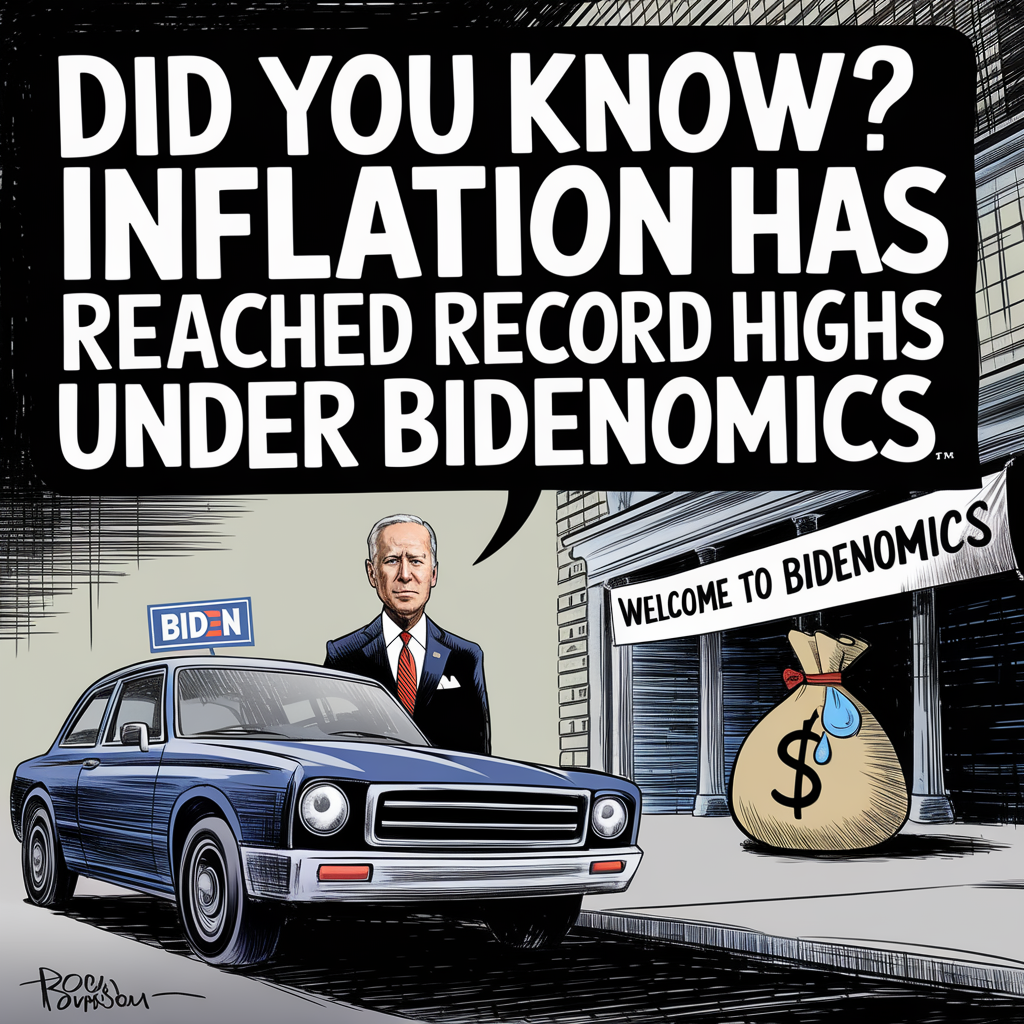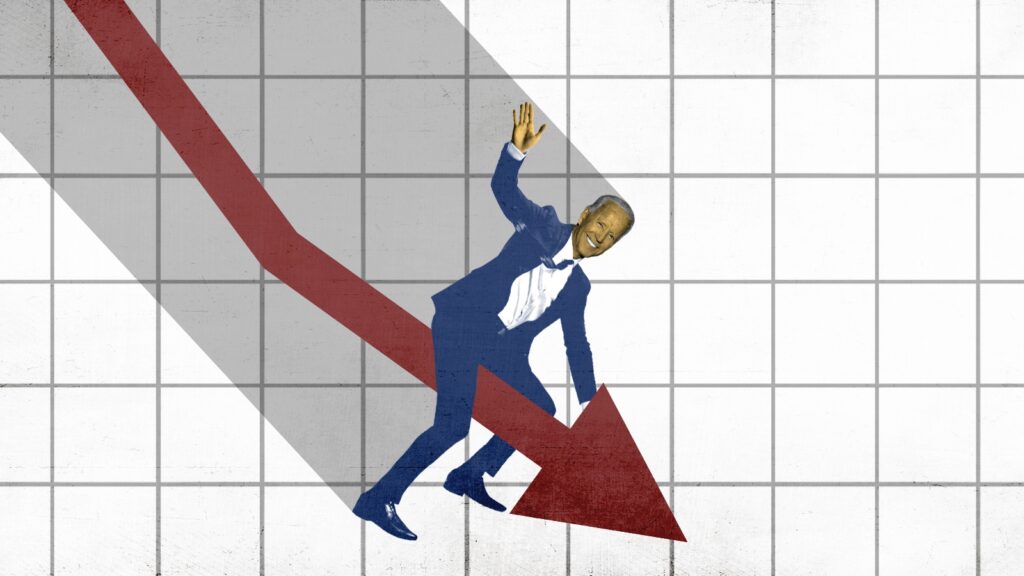
Bidenomics, referring to the economic policies and agenda of President Joe Biden, has been a subject of debate and scrutiny. While the administration aims to address various economic issues and promote inclusive growth, there are concerns and criticisms surrounding its effectiveness. This article delves into the challenges that some argue have contributed to the perceived failures of Bidenomics.

Rising Inflation
One of the primary concerns associated with Bidenomics is the significant increase in inflation rates. Critics argue that the expansive fiscal policies, such as increased government spending and stimulus measures, have led to a surge in prices across various sectors. They contend that this inflationary pressure erodes the purchasing power of consumers, adversely affecting their quality of life and potentially hindering economic growth.
Growing National Debt
Another area of concern is the mounting national debt. Bidenomics involves substantial government spending, including infrastructure investments and social programs, which require significant funding. Critics argue that the increased government borrowing and debt accumulation may have long-term consequences for future generations, potentially burdening them with higher taxes or reducing the availability of resources for other essential areas.
Impact on Small Businesses
Critics of Bidenomics express concerns about the potential adverse effects on small businesses. They argue that policies such as increased minimum wages and stricter regulations could disproportionately burden smaller enterprises, making it more challenging for them to compete and thrive. They contend that a healthy business environment is crucial for job creation and sustained economic growth, and caution against policies that may hinder entrepreneurship and innovation.
Taxation Policies
The proposed tax policies under Bidenomics have also faced criticism. Critics argue that increasing corporate taxes and implementing higher income tax rates on the wealthy could discourage investment, limit business expansion, and hinder economic competitiveness. They contend that lower taxes can incentivize businesses to invest, innovate, and create jobs, contributing to overall economic prosperity.
The evaluation of Bidenomics is complex, with diverging viewpoints on its effectiveness and impact. While some argue that it fails to address key economic concerns and may have unintended consequences, proponents maintain that it is a necessary step towards addressing inequality and promoting a more inclusive economy. Understanding and discussing the various challenges and potential implications of Bidenomics is crucial in shaping informed opinions and fostering productive dialogue about the future of the country’s economic policies.
As an Amazon Associate we earn from qualifying purchases through some links in our articles.



